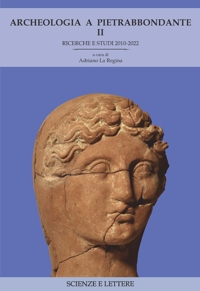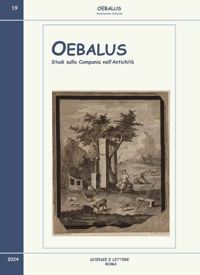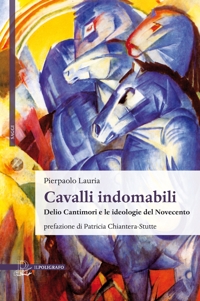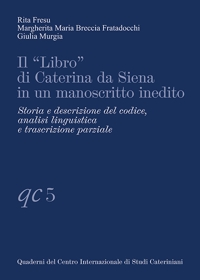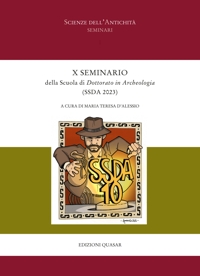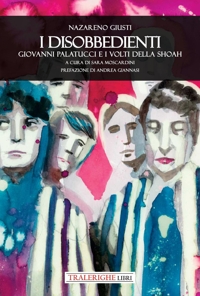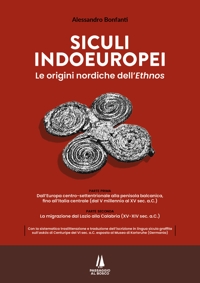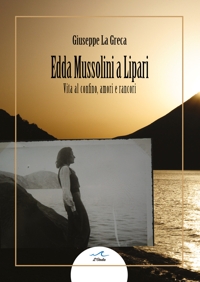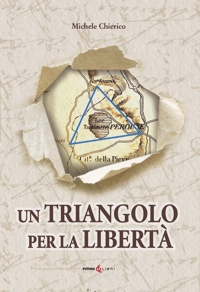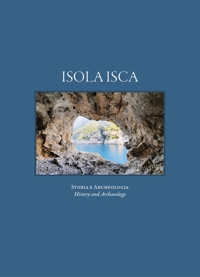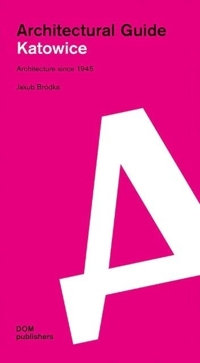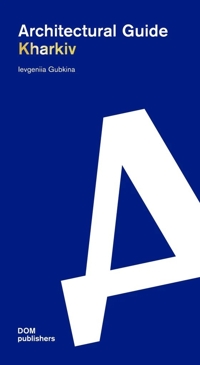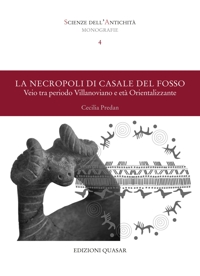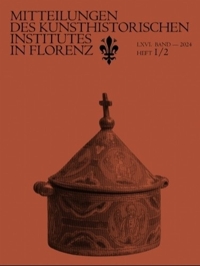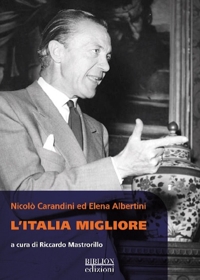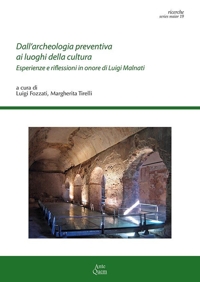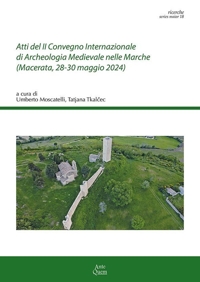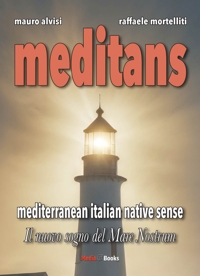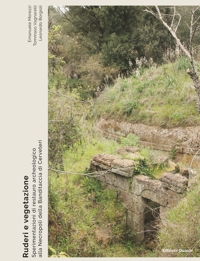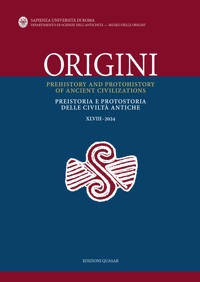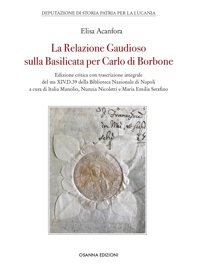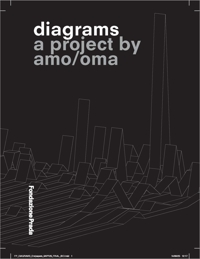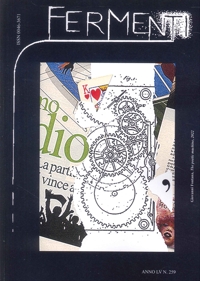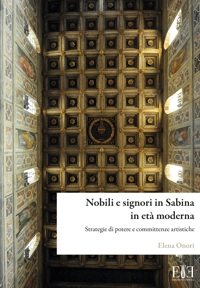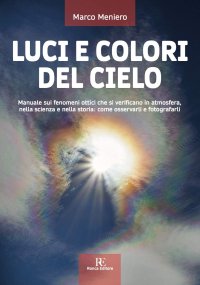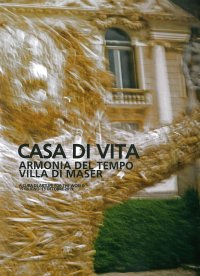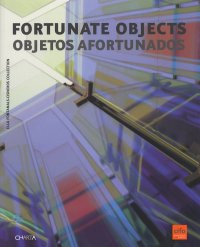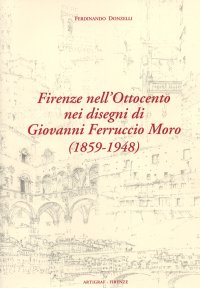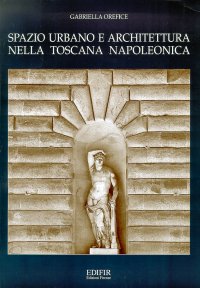Felice Palma. Massa 1583-1625. Collezione / Collection.
Testi di Andrei Cristina, Ciarlo Nicola, Federici Fabrizio, Claudio Casini e Sara Ragni.
Testo Italiano e Inglese.
Pontedera, 2024; ril. in cofanetto, pp. 289, ill. b/n e col., tavv. b/n e col., cm 24,5x34.
(L'Oro Bianco. Straordinari Dimenticati. The White Gold Forgotten Masters).
prezzo di copertina: € 160.00
|
Libri compresi nell'offerta:
Felice Palma. Massa 1583-1625. Collezione / Collection.
Testi di Andrei Cristina, Ciarlo Nicola, Federici Fabrizio, Claudio Casini e Sara Ragni.
Testo Italiano e Inglese.
Pontedera, 2024; ril. in cofanetto, pp. 289, ill. b/n e col., tavv. b/n e col., cm 24,5x34.
(L'Oro Bianco. Straordinari Dimenticati. The White Gold Forgotten Masters).
OMAGGIO (prezzo di copertina: € 160.00)
Le botteghe del marmo
Testo Italiano e Inglese.
Ospedaletto, 1992; ril., pp. 153, 10 ill. b/n, 60 ill. col., cm 24x29.
(Immagine).
OMAGGIO (prezzo di copertina: € 34.49)
Museo Stefano Bardini. I Bronzetti e gli Oggetti d'Uso in Bronzo
A cura di Nesi A.
Firenze, 2009; br., pp. 191, 102 ill. b/n, 7 ill. col., cm 17x24,5.
(Museo Stefano Bardini).
OMAGGIO (prezzo di copertina: € 30.00)
Bronzetti e Rilievi dal XV al XVIII Secolo
Bologna, 2015; 2 voll., ril. in cofanetto, pp. 729, ill., tavv. col., cm 21,5x30,5.
OMAGGIO (prezzo di copertina: € 90.00)
2200 a.D. plug-in space. Technology, nature, mobility
Finetti Gianluca - Vermi Debora
Maggioli Editore
Santarcangelo di Romagna, 2016; br., cm 17x24.
(Politecnica).
collana: Politecnica
ISBN: 88-916-1816-0 - EAN13: 9788891618160
Soggetto: Saggi (Arte o Architettura),Urbanistica e Viabilità
Testo in: 
Peso: 0.65 kg
Fabio Gigante € 25.65
€ 27.00 -5 %
Quante strade. Bob Dylan e il mezzo secolo di «Blowin'in the wind»
Incantevole Puglia. Fra arte, storia e natura. [Edizione Italiana e Inglese]

Archeologia a Pietrabbondante. Vol. 2: Ricerche e studi 2010-2022
Cavalli indomabili. Delio Cantimori e le ideologie del Novecento
X Seminario della Scuola di Dottorato in Archeologia (SSDA 2023)
Un triangolo per la libertà. La riconquista dell'Umbria nel 1860






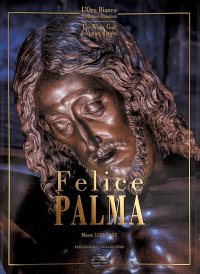

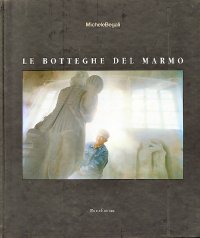
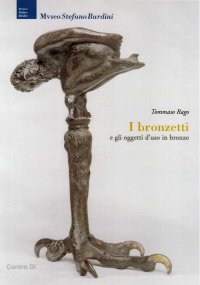

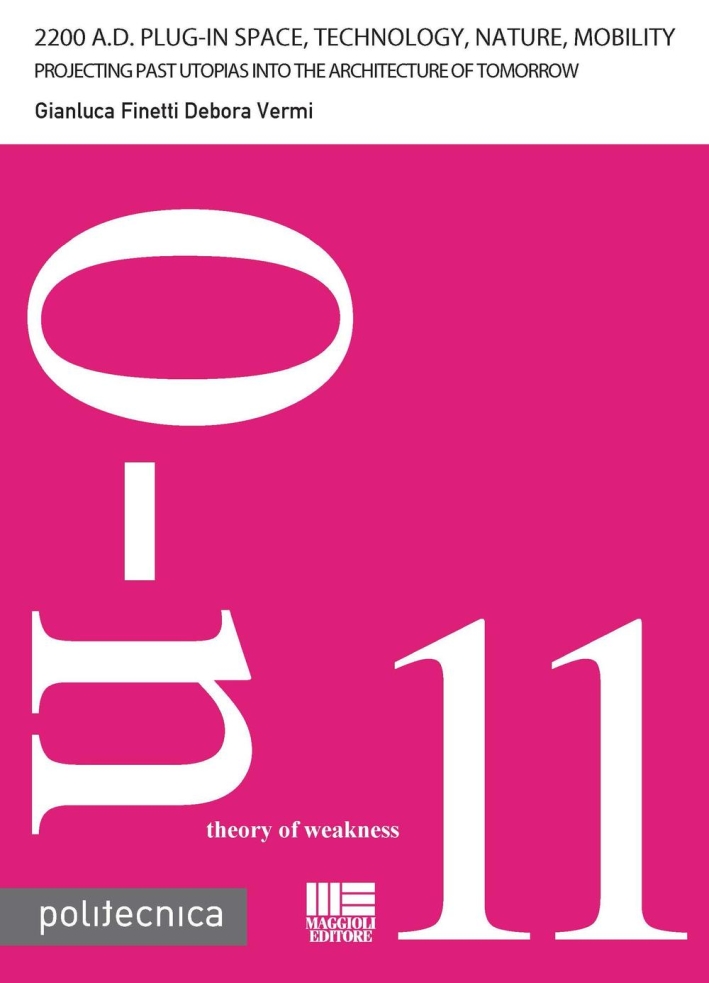
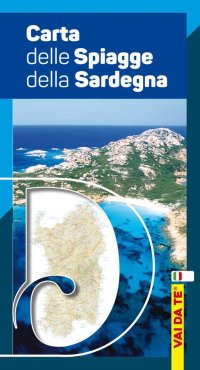
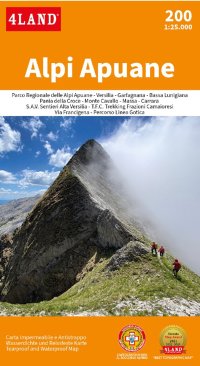
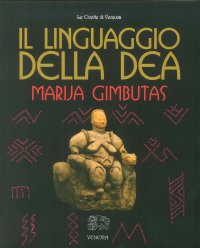
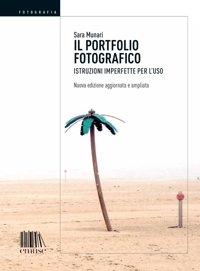
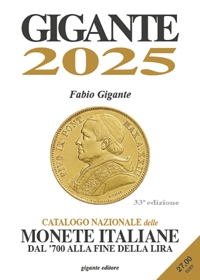
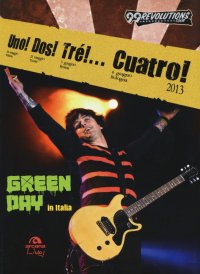
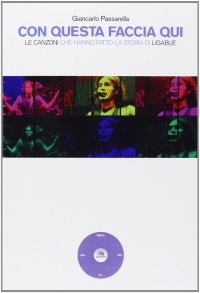
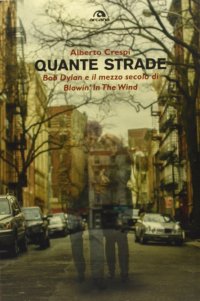
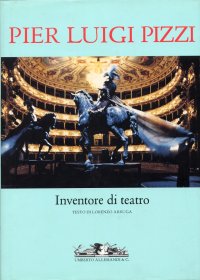
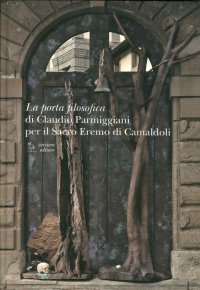
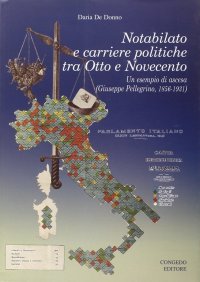
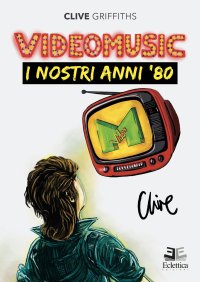
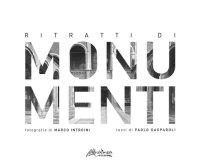
![Incantevole Puglia. Fra arte, storia e natura. [Edizione Italiana e Inglese]](https://immagini.libroco.it/copertine/IMMAGINI/3073/m-1536619.jpg)
